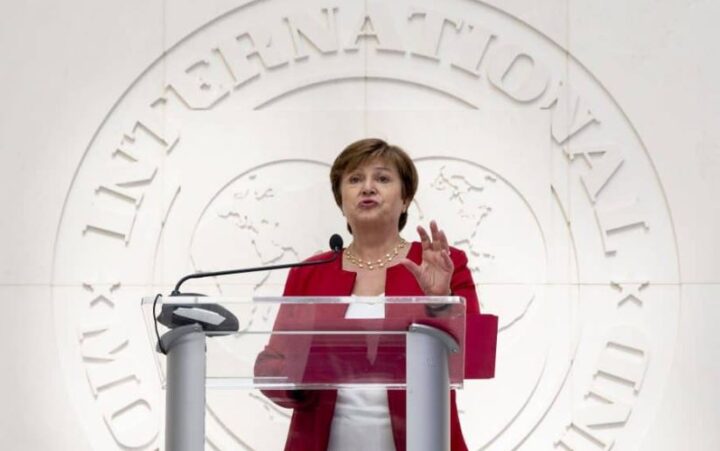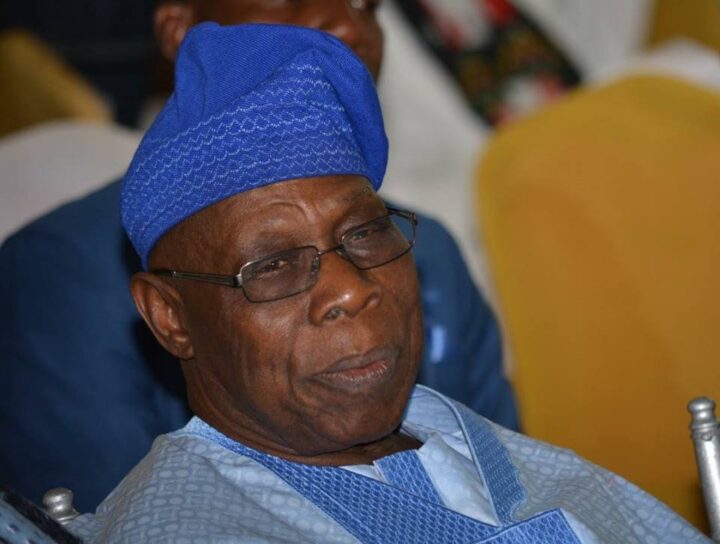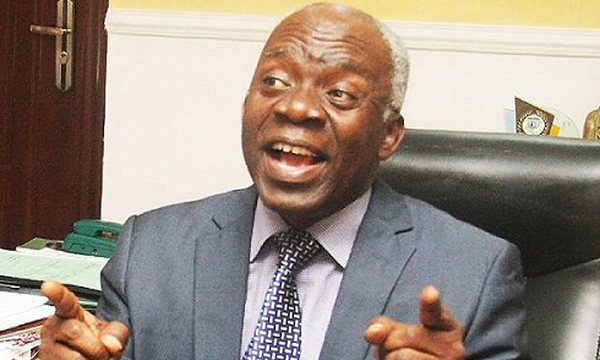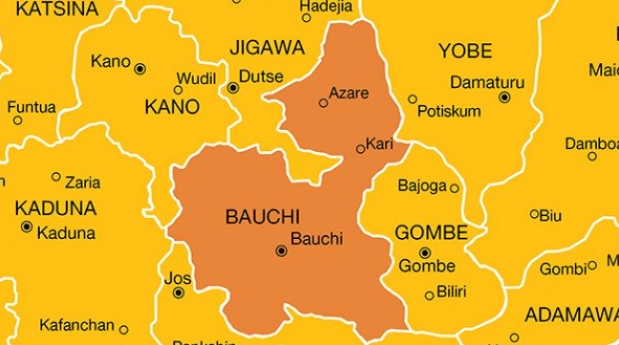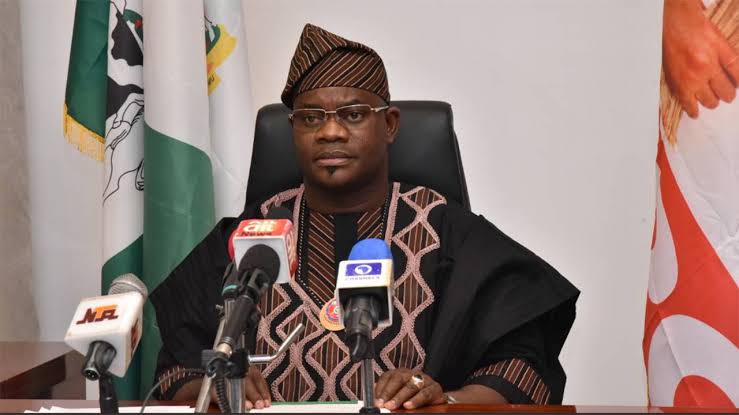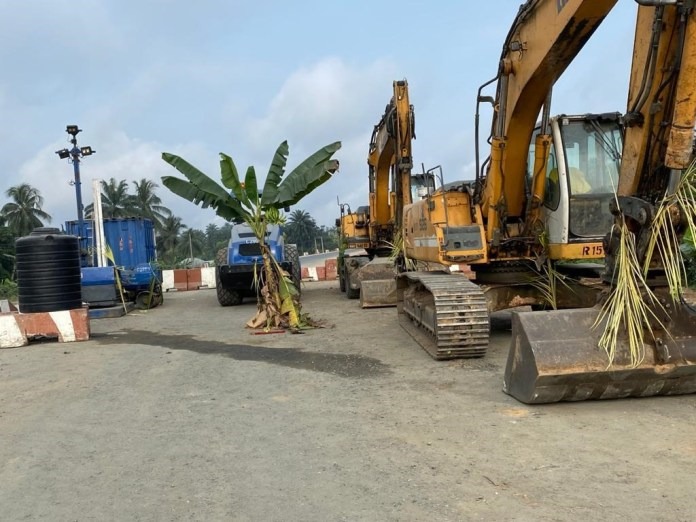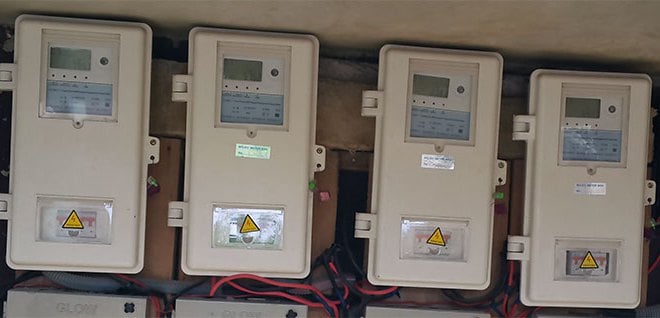The International Monetary Fund (IMF) says all countries receiving emergency financing must commit to a safeguards assessment of their central banks.
Kristalina Georgieva, the IMF managing director, was speaking on Tuesday at the 19th International Anti-Corruption Conference (IACC) in South Korea.
The conference which is themed: ‘Designing 2030: Truth, Trust & Transparency’ is aimed at ensuring that the fight against corruption is at the centre of the post-pandemic world.
Nigeria received a $3.4 billion loan from the Bretton Wood institution in April.
Advertisement
Georgieva said corruption corrodes trust in government and weakens the impact of policies and public spending.
According to Georgieva, the world was at a time when if people do not trust the government, they would not follow the recommended health and containment measures.
The managing director said that the IMF knows what is at stake and is taking action to help fight corruption both during the crisis and in the longer term.
Advertisement
Georgieva said that as part of the organisation’s emergency lending, it provided financial lifelines to 78 countries.
“And we have sought to balance the need for accountability and transparency against the need to disburse financing very quickly so doctors and nurses can be paid, and the most vulnerable people can be protected,” NAN quoted her to have said.
“Some of you may have heard me saying, spend what you need but keep the receipts. Accountability cannot take a back seat in this crisis.
“First, all countries receiving emergency financing from the IMF must accept a safeguards assessment of the central bank.
Advertisement
“This is an IMF assessment of a central bank’s governance and control framework to ensure that it can manage IMF resources properly.”
She said that the fund has asked countries to commit to specific anti-corruption measures such as publishing crisis-related procurement contracts and information about the beneficial owners of winning companies.
The managing director said countries must commit to enhanced monitoring of COVID-related spending and conduct an audit of crisis-related spending.
Georgieva added that in the IMF’s regular policy consultations with all members, it had recommended that special attention be paid to transparency and accountability of exceptional measures undertaken during the crisis.
Advertisement
“This matters tremendously to everyone, but it is especially important to the most vulnerable people in societies.
“We know it is the poorest and most vulnerable people that are at highest risk from the pandemic and the economic consequences of the pandemic.
Advertisement
“And we know that among low-income countries, the share of the budget dedicated to education and health is one-third lower in highly corrupt countries.
“Corruption keeps children out of school, and it stops people who are sick getting the treatment they need.”
Advertisement
She said that efforts to tackle corruption must continue over the long term – because fixing governance vulnerabilities requires time and perseverance.
Advertisement

